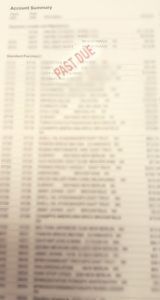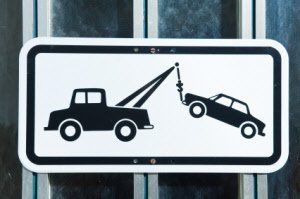





Chicago Locations
Downtown, 55 E. Monroe Suite 3800
Oak Park, 1010 Lake St, Suite 200
Hyde Park, 5113 S. Harper, Suite 2C
Phone: 1-312-801-3000
Toll Free: 1-866-872-8363

Unfortunately, most people file for bankruptcy because of overwhelming medical debt. They’re either unable to pay off their medical bills, or they put a large chunk of their medical debt on a credit card, which has become impossible to pay off.
If you need medical debt relief and bankruptcy looks like the only option, review the information below.
When it comes to medical debt collection, medical bills and maxed out credit cards are defined as unsecured debt. This means that if you can’t pay your medical bills (default), creditors cannot take anything of yours without obtaining a money judgement against you in court.
If you need to file for bankruptcy because of medical debt, there are 2 chapters you may qualify for- Chapter 7 or Chapter 13.
When you file for Chapter 7 bankruptcy , not all debts are wiped out, but unsecured debts are completely wiped out (discharged).
Under Chapter 7, you must turn over all nonexempt property to your trustee, who has to sell it in and use the proceeds to pay your unsecured creditors.
Not everyone is eligible for Chapter 7 Bankruptcy. If your income and the amount of debt owed are at a level that you are able to pay back your medical bills through a Chapter 13 Bankruptcy payment plan, then you will need to file for that.
Many who file for Chapter 13 Bankruptcy only pay a portion of their unsecured medical debt. If you make all bankruptcy plan payments, as well as stay current on your taxes, child support and alimony payments, then your medical bills are wiped out (discharged) at the end of the 3-5 year repayment period.
The bankruptcy payment plan means you pay a certain percentage of your unsecured debt. This amount is determined after factoring in your disposable income and seeing how much your unsecured creditors would have received if you filed for Chapter 7 Bankruptcy.
Take the Bankruptcy Means Test to see if you qualify for Chapter 7 or Chapter 13 Bankruptcy.
If you need medical debt relief, Credit Solutions is here to help. Our bankruptcy lawyers are considered experts in the legal world for their exceptional ability to navigate all the ins-and-outs of medical debt collection laws in Wisconsin and Illinois.
We will help you determine if you need to file for bankruptcy, or if there are other debt relief options available. If you do need to file for bankruptcy as part of your medical debt relief plan, then we’ll be right there to take care of you every step of the way.
Contact Credit Solutions Law today to schedule your FREE bankruptcy consultation or chat us a question; we’ll respond shortly!





Take the first step towards a brighter financial future; contact Credit Solutions today and discuss your needs with a bankruptcy lawyer today.
Address: 626 E Wisconsin Ave, Suite 1000
Milwaukee, WI 53202
Email: arnoldlueders@gmail.com
Phone: 414-272-0077